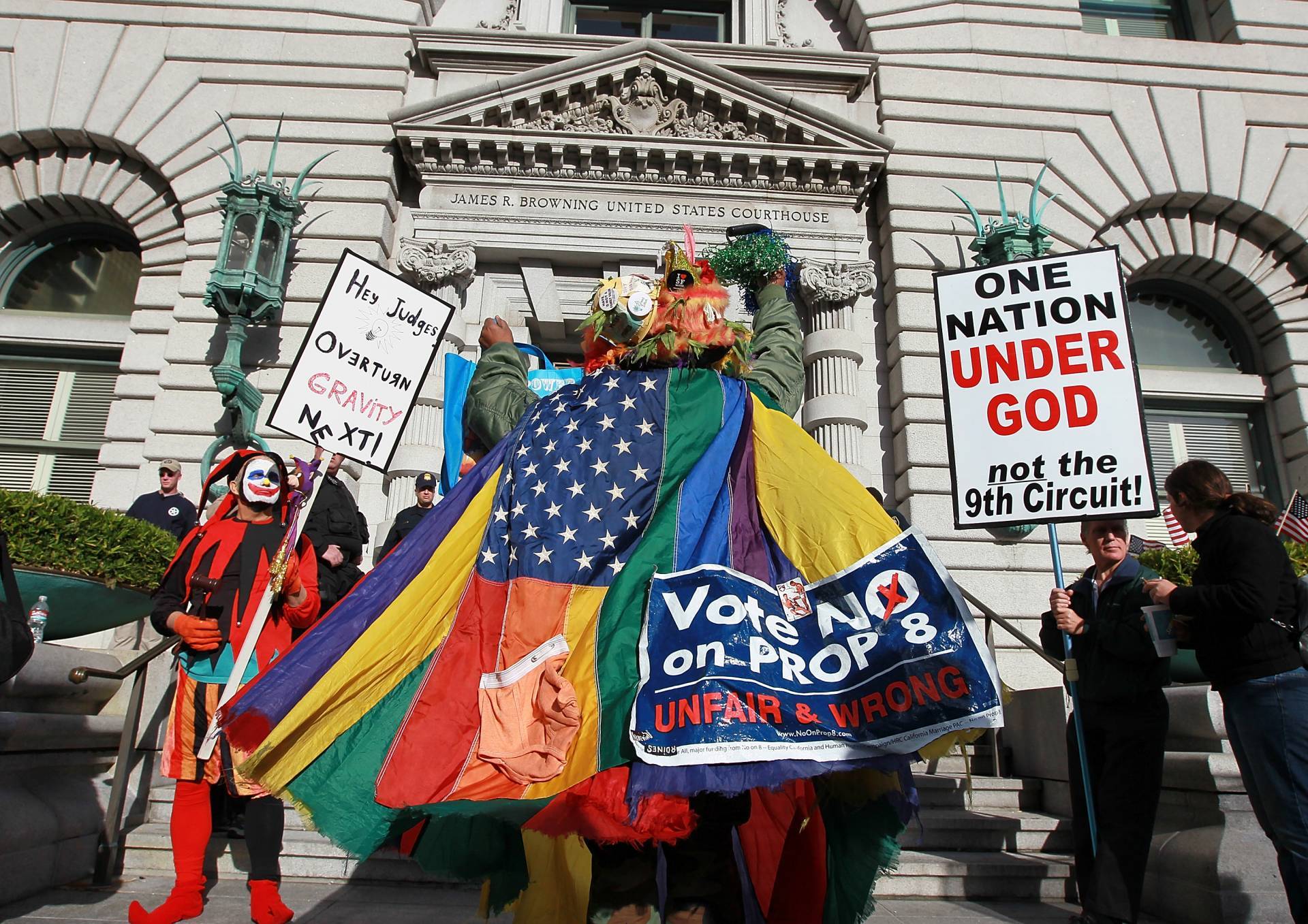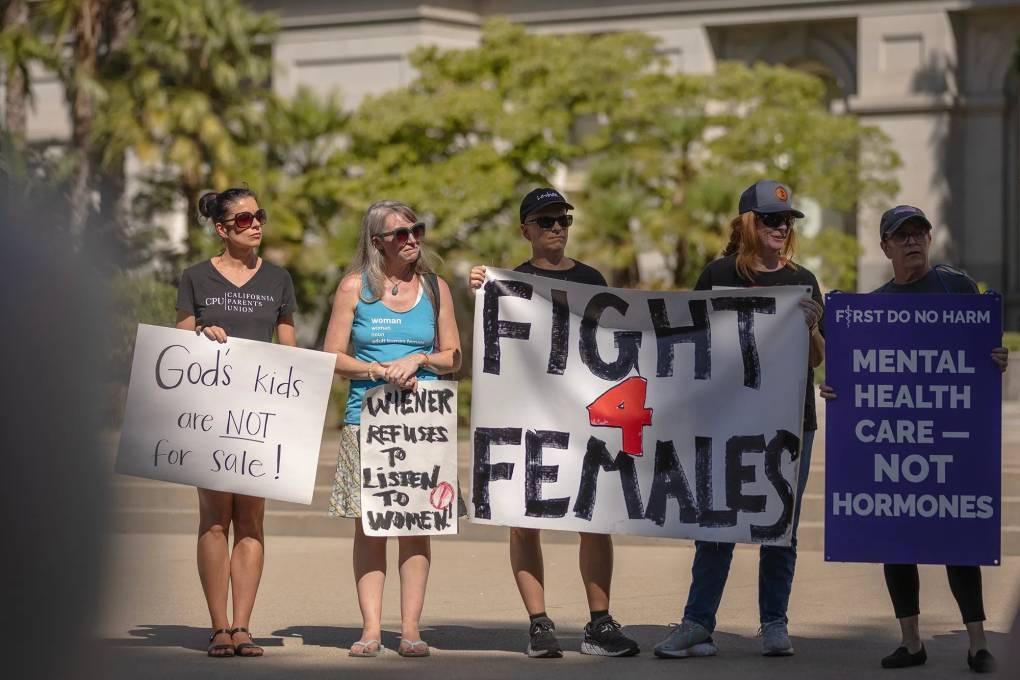Nearly a decade after a federal judge in San Francisco struck down Proposition 8, the ballot measure banning same-sex marriage in California, videotapes of the trial may finally be available, despite the objections of Prop. 8 supporters.
Federal District Court Judge William Orrick Thursday rejected a motion by Prop. 8 proponents to permanently seal the videotapes, saying the motion contained "no justification, much less a compelling one, to keep the trial recordings under seal any longer." He ordered the recordings to become public next month.
"It's incredibly important to have it be open, not only for the historical record, but so the people can see this particular trial video," said Thomas R. Burke the attorney representing KQED. "It's one of the only federal trial videos of its kind ever in the United States," he said.



